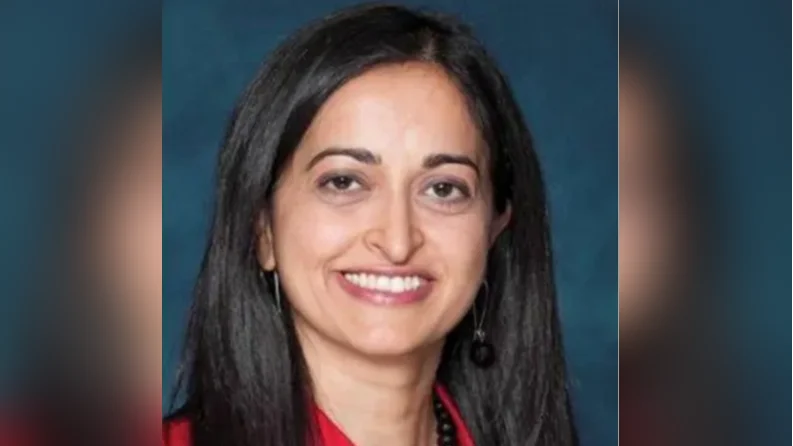
More than 90,000 individuals in the United States are currently on the waiting list for a kidney transplant. Unfortunately, only a fraction of these patients will receive a transplant this year. Chronic kidney disease rates continue to rise globally, leading to more cases of kidney failure. A potential solution is living kidney donation, where healthy individuals donate one of their kidneys.
"For people with kidney failure, receiving a kidney from a living donor is the best possible option. When healthy people donate a kidney, they give someone a second chance. This helps kidney recipients get transplanted faster and enjoy a healthier life," says Carrie Jadlowiec, M.D., Mayo Clinic transplant surgeon.
In 2024, there were over 6,400 living kidney donations. Although this number has increased recently, it remains lower than five years ago. In anticipation of World Kidney Day on March 13, Mayo Clinic experts aim to dispel common myths about living kidney donation.
Potential donors need not be in perfect health; controlled high blood pressure or type 2 diabetes does not automatically disqualify them. Donors must be at least 18 and undergo thorough medical and psychological evaluations to ensure suitability. At Mayo Clinic, these evaluations can be completed in one day.
"We accept donors starting at age 18. There is no upper age limit for someone to be a kidney donor. We do a comprehensive assessment on all potential donors, regardless of their age, to make sure they are an appropriate candidate," says Ty Diwan, M.D., Mayo Clinic transplant surgeon.
Anyone can become a living kidney donor—whether donating to relatives, friends or anonymously through nondirected donation. If compatibility issues arise between intended donors and recipients within families or friendships, paired donation offers an alternative by matching them with other pairs in need.
Post-surgery recovery typically allows donors to resume normal activities within four to six weeks. Most surgeries involve laparoscopic procedures with small incisions; some cases may use minimally invasive robotic surgery options that further reduce recovery time.
Multiple studies indicate that donating a kidney does not shorten lifespan; rather, donors often live longer than average due to rigorous pre-donation screenings and maintaining healthy lifestyles afterward.
"Kidney donors undergo rigorous screening prior to donation, and those accepted as donors are often healthier than the general population at baseline. These individuals often continue to live healthy lifestyles post-donation which can lead to longer lifespan," says Shennen Mao M.D., Mayo Clinic transplant surgeon.
Mayo Clinic provides several transplant physicians available for discussions regarding living kidney donation.
Mayo Clinic is dedicated to innovation in clinical practice education research while offering compassion expertise answers everyone needing healing Visit Mayo Clinic News Network additional news